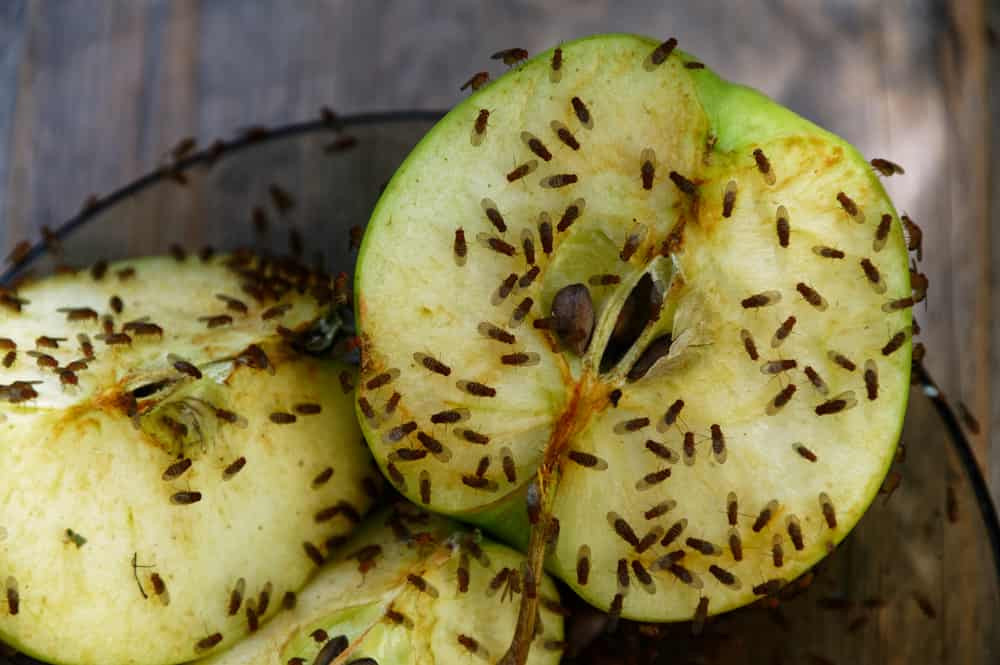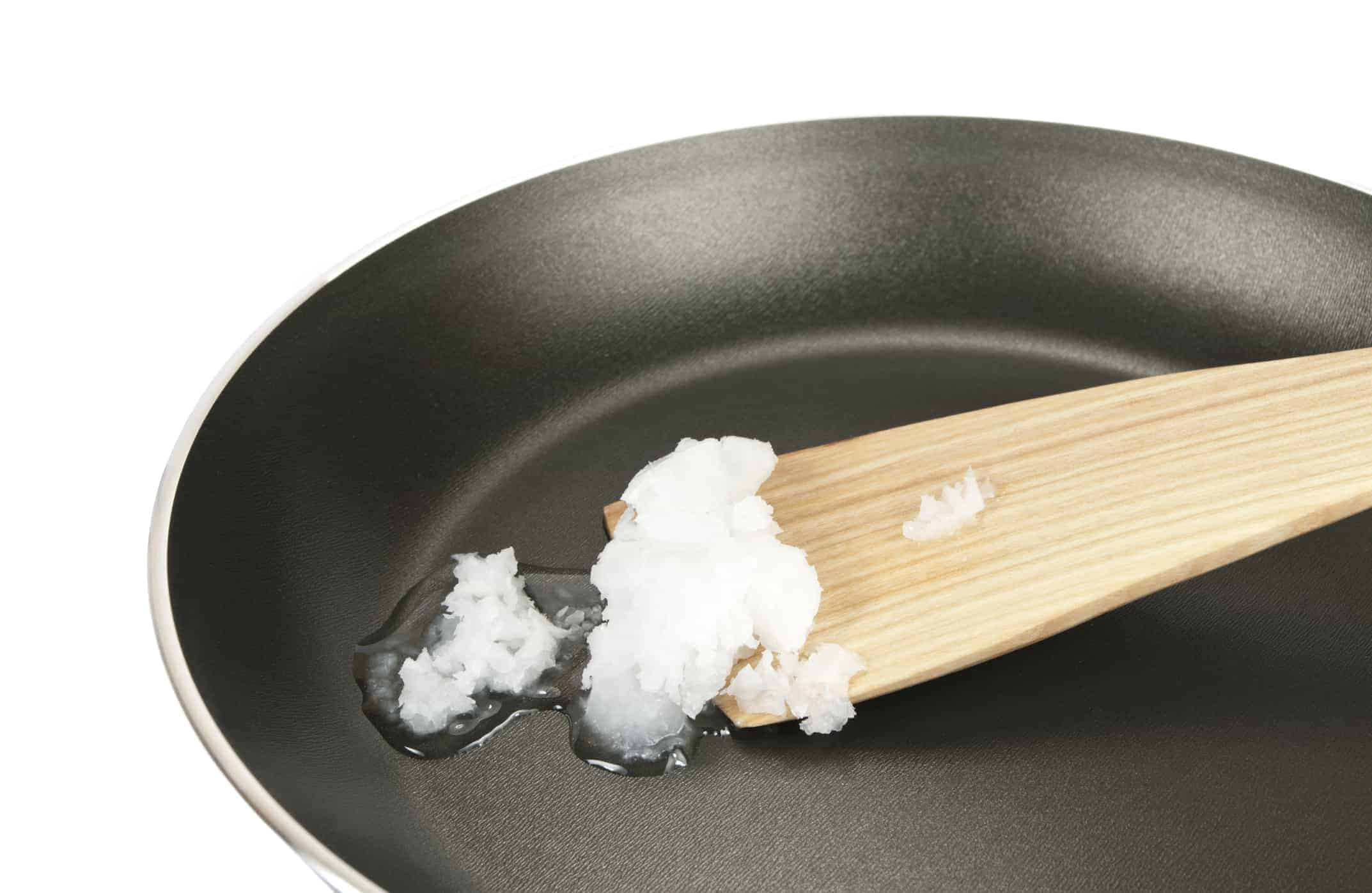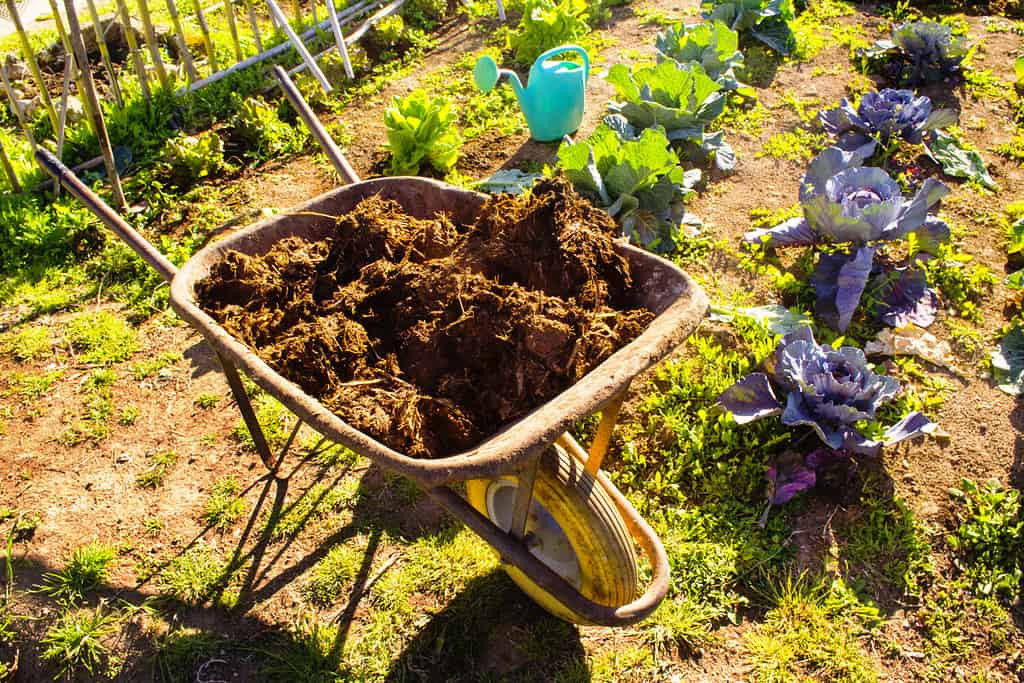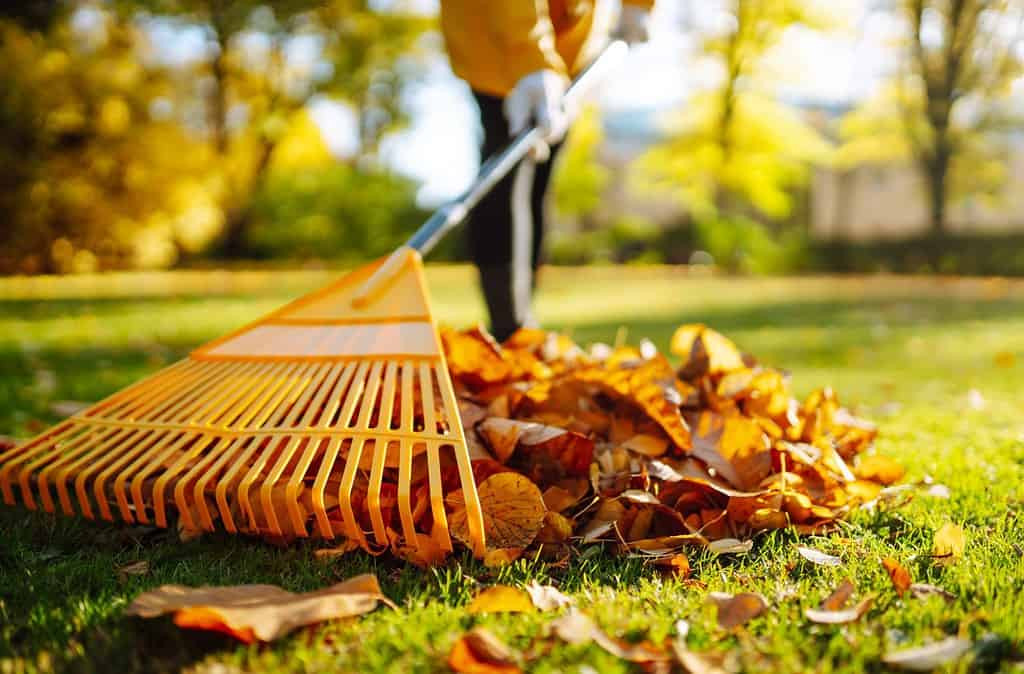What Scent Attracts Flies the most? Flies are unfortunately a common annoyance, but understanding their olfactory preferences is key to effectively managing them, and flyermedia.net is here to help you navigate the world of aviation and related pests. By exploring the scents that lure these insects, you can develop strategies to keep them away from your home and outdoor spaces. Learn about the smells that flies find irresistible, how to prevent infestations, and discover more helpful tips on flyermedia.net.
1. Understanding the Fly’s Sense of Smell
What role does smell play in a fly’s life? A fly’s sense of smell, mediated by olfactory receptors on its antennae, is critical for survival. According to research from the University of California, Riverside, in June 2024, flies rely on their sense of smell to locate food sources, find mates, and identify suitable breeding grounds.
1.1 How do flies detect odors?
How does a fly’s antenna work? Flies detect odors using specialized sensory structures called sensilla, primarily located on their antennae. These sensilla contain olfactory receptor neurons (ORNs) that bind to specific odor molecules in the air. When an ORN detects a scent, it sends an electrical signal to the fly’s brain, which processes the information and triggers a behavioral response. This process is highly sensitive, allowing flies to detect even trace amounts of certain compounds. The Journal of Chemical Ecology published a study in July 2024 that detailed the specific types of ORNs and their corresponding odor preferences.
1.2 What odors are most attractive to flies?
What smells do flies like best? Flies are most attracted to odors associated with food sources, decomposition, and potential breeding sites. According to research from the University of Florida, in August 2024, these include:
- Sugars: Flies are drawn to sweet substances like ripe fruit, sugary drinks, and spilled syrups.
- Fermented Foods: The smells of fermentation, such as vinegar and yeast, are highly attractive to flies.
- Decomposing Organic Matter: Flies are notorious for their attraction to rotting meat, garbage, and manure.
- Fecal Matter: The odors present in feces are strong attractants for many fly species, which use them as breeding sites.
 A cut apple has attracted fruit flies to feed on it
A cut apple has attracted fruit flies to feed on it
1.3 How far can flies smell?
How far away can flies detect odors? Flies can detect odors from surprisingly long distances, thanks to their sensitive olfactory systems and the presence of air currents that carry scent molecules. According to research from Penn State University, in April 2024, some fly species can detect attractive odors from several miles away, depending on the concentration of the scent and environmental conditions. This long-range detection ability allows flies to quickly locate potential food sources and breeding sites.
2. Top Scents That Attract Flies
What are the most irresistible scents for flies? Certain scents are particularly effective at attracting flies due to their strong association with food and breeding opportunities.
2.1 Decaying organic matter
Why are flies attracted to decay? Decaying organic matter emits a cocktail of volatile organic compounds (VOCs) that signal the presence of a rich food source and suitable breeding environment for flies. Compounds like dimethyl sulfide, ammonia, and various short-chain fatty acids are particularly attractive. A study by the University of Georgia, in May 2024, showed that these compounds act as powerful attractants, drawing flies from considerable distances.
2.2 Fermented foods
What makes fermented foods so appealing to flies? Fermented foods emit a range of volatile compounds, including acetic acid (vinegar), ethanol, and various esters, that are highly attractive to flies. These compounds indicate the presence of sugars and other nutrients that flies can consume.
2.3 Sugary substances
Why do flies love sugar? Sugary substances provide flies with a readily available source of energy, which is essential for their survival and reproduction. The sweet scent of sugar indicates a high-calorie food source, making it irresistible to flies.
2.4 Fecal matter
Why are flies drawn to feces? Fecal matter contains a variety of organic compounds, including ammonia, short-chain fatty acids, and other breakdown products, that are highly attractive to flies. These compounds signal the presence of a nutrient-rich substrate that flies can use as a food source and breeding site.
2.5 Meat and grease
Why does meat attract flies? Meat and grease emit strong odors that flies associate with protein and fat sources. These odors, which include volatile amines and sulfur compounds, are particularly attractive to flies that require high-protein diets for reproduction. Grease, with its concentrated fatty acids, is also a potent attractant.
 Grease has a strong smell that’s reminiscent of old food.
Grease has a strong smell that’s reminiscent of old food.
3. Scents Around Your Home That Attract Flies
What common household items attract flies? Many everyday items in and around your home can inadvertently attract flies due to their odors.
3.1 Kitchen
What kitchen smells attract flies? The kitchen is a hotspot for fly attraction due to the abundance of food-related odors. According to a study published by the National Institutes of Health, in September 2024, key attractants include:
- Rotting Fruits and Vegetables: Decaying produce emits strong odors that flies find irresistible.
- Open Trash Cans: Trash cans containing food waste are a major source of fly attraction.
- Dirty Dishes: Unwashed dishes, especially those with food residue, can attract flies.
- Spills and Splatters: Spilled sugary drinks, sauces, and other foods create enticing odors for flies.
3.2 Bathrooms
Why are flies in my bathroom? Bathrooms can attract flies due to the presence of moisture and organic matter. According to research from the University of Arizona, in October 2024, common attractants include:
- Drain Pipes: Drains can harbor organic buildup that emits odors attractive to flies.
- Standing Water: Stagnant water in sinks, showers, and toilets provides breeding grounds for flies.
- Dirty Toilets: Unclean toilets can emit odors that attract flies.
3.3 Yard and garden
What outdoor smells attract flies? Your yard and garden can also be sources of fly attraction. Key attractants include:
- Compost Piles: Compost piles containing decaying organic matter are highly attractive to flies.
- Manure: Animal manure used as fertilizer emits strong odors that flies love.
- Fruit Trees: Ripe or rotting fruit on trees can attract flies.
- Pet Waste: Pet feces left in the yard are a major source of fly attraction.
 manure and vegetable garden
manure and vegetable garden
4. Natural Scents That Attract Flies
Are there natural scents that attract flies? While many artificial and decaying scents attract flies, some natural odors also play a role.
4.1 Flowers
Why do flies visit flowers? Flowers attract flies with their sweet, floral scents, which mimic the odor of nectar and pollen. While bees are often considered the primary pollinators, flies also play a significant role in pollinating certain plants, and they’re always welcome at flyermedia.net as well.
4.2 Certain plants
Which plants attract flies? Some plants emit odors that specifically attract flies for pollination or other purposes. For instance, the carrion flower emits a scent similar to rotting meat, which attracts flies that aid in pollination.
4.3 Tree sap
Why are flies attracted to tree sap? Tree sap contains sugars and other nutrients that flies find attractive. The sweet scent of sap indicates a readily available food source.
5. How to Reduce Fly Attractants
How can I minimize fly attractants around my home? Reducing fly attractants involves eliminating the sources of odors that draw them in.
5.1 Proper waste management
How should I manage my waste to avoid attracting flies? Effective waste management is crucial for preventing fly infestations. Tips include:
- Use Trash Cans with Tight-Fitting Lids: This prevents odors from escaping and attracting flies.
- Regularly Empty Trash Cans: Don’t allow trash to accumulate, especially food waste.
- Clean Trash Cans Regularly: Wash trash cans with soap and water to remove residue and odors.
- Compost Properly: Ensure compost piles are well-managed to minimize odors.
5.2 Cleaning and sanitation
How does cleaning help prevent flies? Regular cleaning and sanitation can significantly reduce fly attractants. According to the EPA, in November 2024, focus on:
- Cleaning Kitchen Surfaces: Wipe up spills and splatters immediately.
- Washing Dishes Promptly: Don’t let dirty dishes sit out, especially overnight.
- Cleaning Drains: Regularly flush drains with hot water and cleaner to remove buildup.
- Maintaining Bathrooms: Keep bathrooms clean and dry to prevent moisture buildup.
5.3 Food storage
How should I store food to keep flies away? Proper food storage prevents odors from attracting flies. Best practices include:
- Storing Food in Airtight Containers: This prevents odors from escaping.
- Refrigerating Perishable Foods: This slows down decomposition and reduces odors.
- Sealing Open Food Packages: Use clips or airtight containers to seal open bags of chips, cereal, and other snacks.
- Cleaning Up Spills Immediately: Wipe up any food spills to eliminate potential attractants.
 human-grade food
human-grade food
5.4 Yard maintenance
How does yard maintenance reduce fly attractants? Proper yard maintenance reduces potential breeding sites and food sources for flies. Effective strategies include:
- Removing Pet Waste Regularly: Pick up pet feces from the yard to eliminate a major attractant.
- Cleaning Up Fallen Fruit: Remove ripe or rotting fruit from trees to prevent fly attraction.
- Maintaining Compost Piles: Turn compost piles regularly and ensure they are properly managed to minimize odors.
- Trimming Vegetation: Keep grass and shrubs trimmed to reduce potential breeding sites for flies.
6. Fly Traps and Repellents
What are effective fly traps and repellents? In addition to reducing attractants, using fly traps and repellents can help manage fly populations.
6.1 Homemade fly traps
What are some easy DIY fly traps? Homemade fly traps can be an effective and economical way to control flies. Some popular options include:
- Vinegar Trap: Place a dish of vinegar covered with plastic wrap, poked with small holes, to trap flies.
- Fruit Trap: Use a jar filled with overripe fruit to attract and trap flies.
- Sugar Water Trap: Mix sugar with water and a few drops of dish soap in a jar to trap flies.
6.2 Commercial fly traps
What are the best commercial fly traps? Commercial fly traps offer a more convenient option for fly control. Options include:
- Flypaper: Sticky paper coated with adhesive to trap flies.
- Electronic Fly Traps: Devices that use UV light to attract and electrocute flies.
- Bait Traps: Traps that use chemical attractants to lure flies into a container.
6.3 Natural fly repellents
What scents repel flies? Certain natural scents can repel flies, providing a more environmentally friendly alternative to chemical insecticides. According to research from Iowa State University, in December 2024, effective repellents include:
- Essential Oils: Scents like lavender, peppermint, eucalyptus, and citronella can repel flies.
- Herbs: Planting herbs like basil, rosemary, and mint can help deter flies.
- Citrus Peels: Placing citrus peels around your home can repel flies with their strong scent.
7. Preventing Fly Breeding
How can I stop flies from breeding? Preventing flies from breeding is crucial for long-term fly control.
7.1 Eliminate breeding sites
Where do flies typically breed? Flies breed in areas with decaying organic matter, standing water, and other nutrient-rich substrates. Eliminating these breeding sites is essential for preventing infestations.
7.2 Maintain clean drains
How do I keep my drains clean and fly-free? Clean drains are crucial for preventing fly breeding. Regular cleaning tips include:
- Flushing Drains Regularly: Use hot water and a drain cleaner to remove buildup.
- Using Drain Screens: Install screens to prevent organic matter from entering drains.
- Cleaning P-Traps: Periodically clean the P-traps under sinks to remove accumulated debris.
7.3 Control moisture
How does moisture affect fly breeding? Moisture provides an ideal environment for fly breeding. Controlling moisture levels can help prevent infestations. Effective strategies include:
- Fixing Leaks: Repair any leaks in plumbing or roofing to prevent water accumulation.
- Improving Ventilation: Ensure proper ventilation in bathrooms and kitchens to reduce humidity.
- Drying Out Standing Water: Eliminate any standing water in and around your home.
 Collection of fallen leaves. Raking autumn leaves from the lawn on the lawn in the autumn park. Using a rake to clear fallen leaves. The concept of volunteering, seasonal gardening.
Collection of fallen leaves. Raking autumn leaves from the lawn on the lawn in the autumn park. Using a rake to clear fallen leaves. The concept of volunteering, seasonal gardening.
8. Understanding Different Types of Flies
Are all flies attracted to the same scents? Different fly species have different preferences.
8.1 House flies
What attracts house flies? House flies are attracted to a wide range of odors, including decaying organic matter, fecal matter, and food waste.
8.2 Fruit flies
What scents do fruit flies prefer? Fruit flies are particularly attracted to the scent of ripe and fermenting fruits and vegetables.
8.3 Drain flies
Why are drain flies in my bathroom? Drain flies are attracted to the organic matter and moisture found in drains and sewers.
9. The Role of Sanitation in Commercial Settings
Why is sanitation important in restaurants? Commercial settings, such as restaurants and food processing plants, require rigorous sanitation practices to prevent fly infestations.
9.1 Restaurant sanitation
What are essential sanitation practices for restaurants? Key sanitation practices for restaurants include:
- Proper Food Storage: Storing food in airtight containers and refrigerating perishables.
- Regular Cleaning: Cleaning kitchen surfaces, equipment, and floors regularly.
- Waste Management: Using trash cans with tight-fitting lids and emptying them frequently.
- Drain Maintenance: Cleaning drains regularly to prevent organic buildup.
9.2 Food processing plants
How do food processing plants control flies? Food processing plants must adhere to strict sanitation standards to prevent fly infestations. Key measures include:
- Pest Control Programs: Implementing regular pest control programs to monitor and control fly populations.
- Facility Design: Designing facilities to minimize potential breeding sites for flies.
- Employee Training: Training employees on proper sanitation practices and fly prevention measures.
10. FAQ About Scents That Attract Flies
Have more questions about fly attractants? Here are some frequently asked questions:
10.1 What is the one smell that attracts flies the most?
Decaying organic matter is generally considered the most attractive scent for flies due to its strong association with food and breeding opportunities.
10.2 Are flies attracted to light?
While flies are not directly attracted to light, they may be drawn to areas with light sources because these areas often offer warmth and potential food sources.
10.3 Do dryer sheets repel flies?
There is limited scientific evidence to support the claim that dryer sheets repel flies, but some people report anecdotal success using them.
10.4 Does cinnamon repel flies?
Cinnamon is believed to have some repellent properties against flies, but its effectiveness may vary.
10.5 What colors do flies hate?
Flies are generally less attracted to colors like blue and yellow, which may explain why some fly traps are designed with these colors.
10.6 Does peppermint oil repel flies?
Peppermint oil is known for its insect-repelling properties and can be effective in deterring flies.
10.7 Are flies attracted to vinegar?
While vinegar can attract certain types of flies, particularly fruit flies, it is not universally attractive to all species.
10.8 What are flies most afraid of?
Flies are generally afraid of sudden movements, loud noises, and predators such as birds and spiders.
10.9 What home remedy keeps flies away?
Several home remedies can help keep flies away, including using essential oils, herbs, and homemade traps.
10.10 What is the lifespan of a fly?
The lifespan of a fly varies depending on the species and environmental conditions, but most flies live for a few weeks to a few months.
By understanding what scents attract flies and implementing effective prevention and control measures, you can minimize fly infestations and enjoy a more pleasant environment. For more insights and expert advice on aviation and related topics, be sure to visit flyermedia.net. Whether you’re a pilot, aviation enthusiast, or simply seeking reliable information, flyermedia.net is your go-to resource.
Address: 600 S Clyde Morris Blvd, Daytona Beach, FL 32114, United States.
Phone: +1 (386) 226-6000.
Website: flyermedia.net.
Discover the world of aviation with flyermedia.net today!